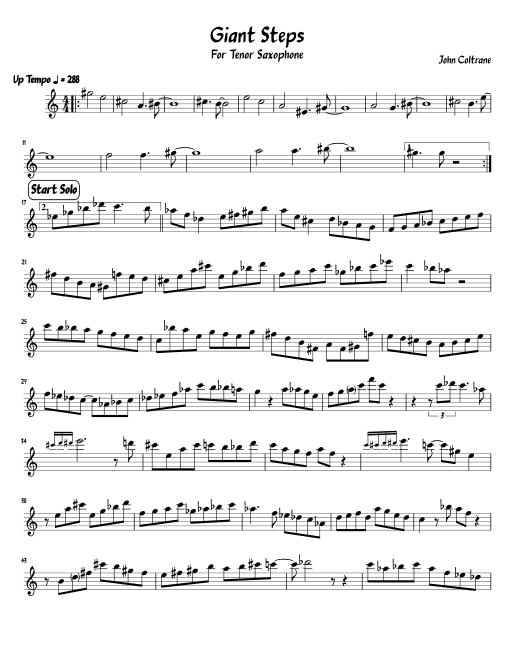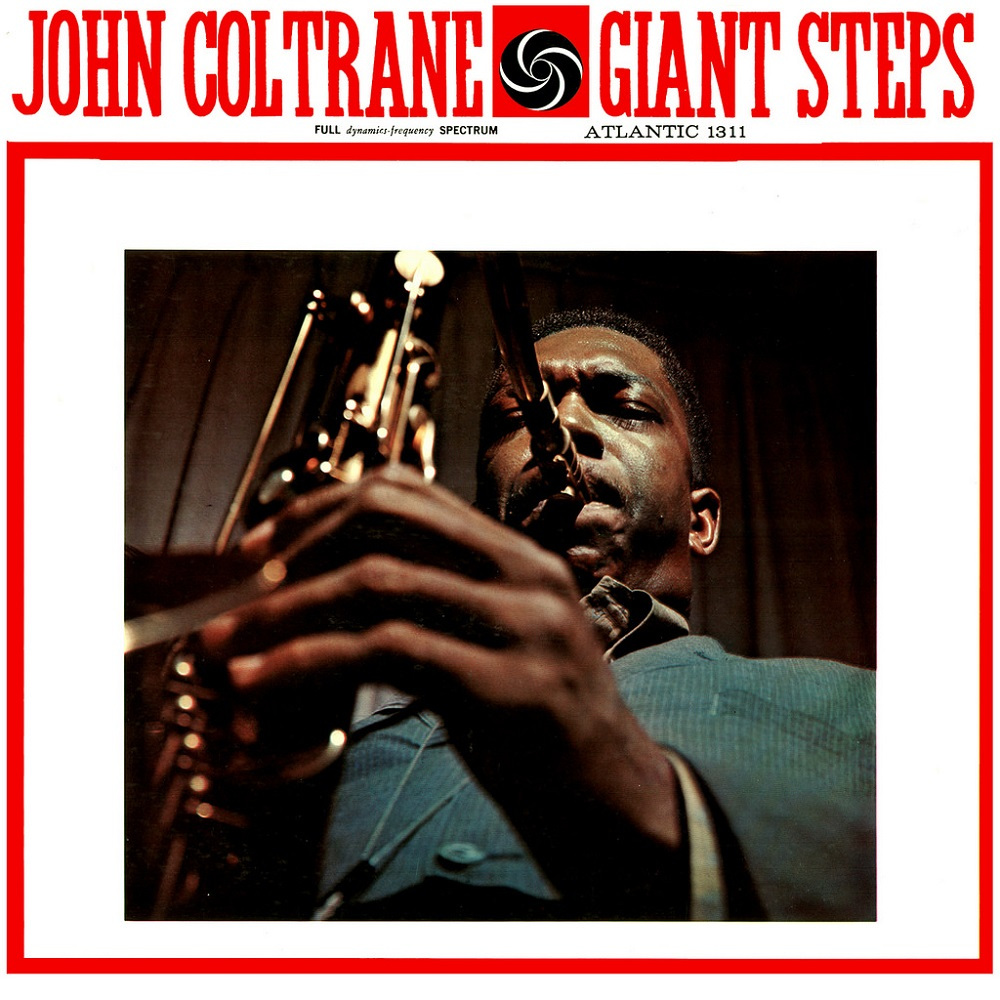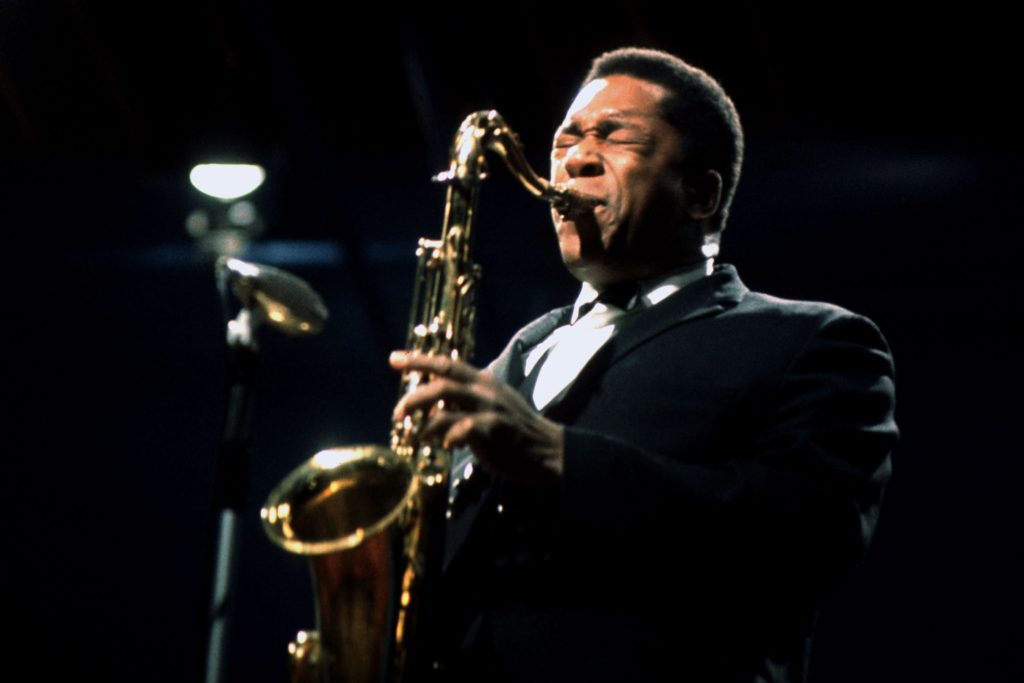(“Song of the Week” is a now-discontinued series in which SW contributor Yukino gave weekly rundowns on tracks. In this installation, Yukino gives us his take on John Coltrane’s “Giant Steps” (1960)).
YUKINO
To any jazz fanatic such as myself, John Coltrane is synonymous with what one could consider a golden age of the genre. Coltrane was a young man when his love for music started – having his father, aunt and grandparents die in just about the same time frame, John felt lost having to cope with devastation of this magnitude at such a young age. Yet, he found solace in music. He began learning to play instruments like the clarinet and alto horn; and eventually, his mother would gift him an alto saxophone: one that would be forever embedded into Coltrane’s illustrious legacy. Later developing his skills in the navy, he would soon land record deals that would pay for him to record and produce full-length albums. His passion, however, was not to play to an empty studio — it was to play for people. This dedication was the basis for his single Giant Steps, title track of its respective LP.
If there’s anything to be realized in the song, it’s that improv is as important in comedy as it is in live music. Looking at the sheet music to Giant Steps, you’ll see nothing but singular notes in each bar – anyone lacking any understanding of jazz would be bamboozled at the sight; how could such a world-renowned song be so simplistic? The empty space, though, is an invitation to improvise. Coltrane has merely given us the basis for the song and left it up to the interpretation of the musician; there could be a thousand different iterations of the song (but for now Coltrane’s stands atop the spectrum). Moreover, on the song you begin with a fast paced, high – but not alto – saxophone, which gradually becomes faster as it transitions from scale to scale — hence the name giant steps. Having to improvise on the spot is a difficult and nerve wracking task, especially with the tempo at which Coltrane plays. In fact, after we hear the sax solo, you can clearly hear the piano soloist slowing down, not intentionally, but because the pianist simply could not keep up.

Any way you put it though, the song is a great introduction to jazz and the infinite plane of what the genre has to offer.


